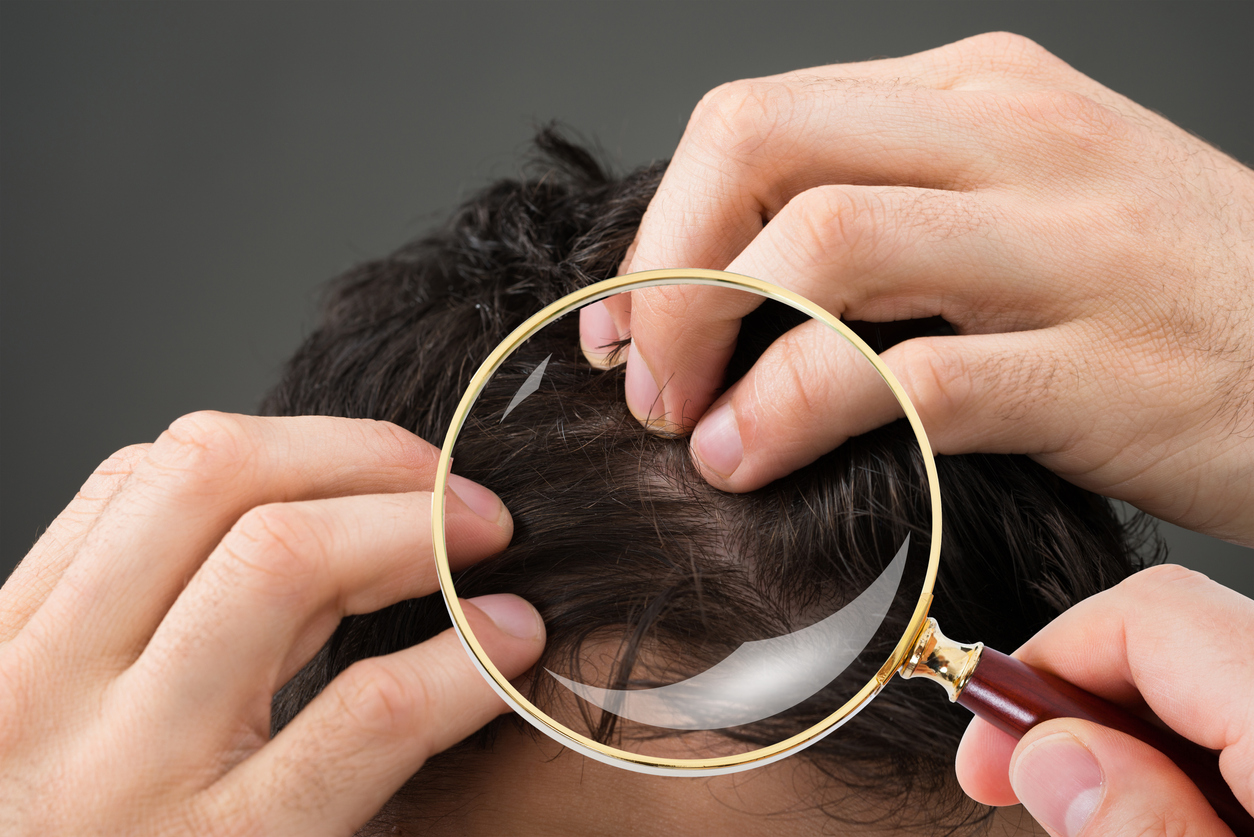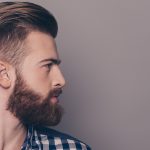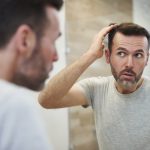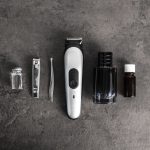
How to prevent hair loss in men
L osing your hair is incredibly common, regardless of your gender. As you can read in our guide to what causes hair loss in men – and how it differs from male pattern baldness – a quarter of us will experience thinning hair or bald patches at some point in our lives. So many of us are looking for a way to prevent hair loss.
If you’re genetically predisposed to going bald, sadly there’s little you can do to stop it completely but whether you’re already showing signs of hair loss, or you’re worried you might do in the near future, there is a number of things you can do to at least delay the inevitable.
And ironically, it has little to do with treating your hair and everything to do with looking after your scalp.
FURTHER READING: Best shampoo for men: The best men’s shampoo for thinning hair, dandruff, hair loss and more
How to prevent hair loss: Wash your scalp thoroughly
Robin Parker, technical director of Acheson & Acheson, told MBman that when it comes to preventing hair loss, you must take care of your scalp. “Hair starts its life in the scalp and remains attached to it throughout, so it makes sense that looking after your scalp will help lead to healthy-looking hair.”
Washing your hair and scalp thoroughly is essential in looking after your scalp. It removes dead skin cells, sweat, and other pollution. It can also help with dandruff.
Ingredients to look out for when buying hair loss shampoos and products include caffeine, because it’s a stimulant that helps with hair development, as well as ceramides.
“Ceramides have been shown to help improve the barrier function of skin and hence lead to a more moisturised, less flaky scalp,” Parker continued.
How to prevent hair loss: Eat more protein
MBMAN’S TOP TIP
If you’re struggling to get hair nutrients from your diet you can take supplements.
We recommend the VidaGlow Powders (around £35), and the cheaper Bioglan Superfoods Protein powders (£12.99).
You can add these powders to recipes or drinks and they provide vegan-friendly sources of Biotin, hyaluronic acid, silica, and many more essential nutrients.
Trichologist Anabel Kingsley recommends her brand’s PK4 Soya Protein Boost supplement, as well as its Tricho Complex supplement.
We’re not saying you need to give up beer or takeaways to prevent hair loss, but if you can make a few tweaks to your diet we promise you, you’ll see the benefits.
Anabel Kingsley, one of the lead trichologists at Philip Kingsley told MBman that protein and carbohydrates are key for growing your hair. The best source of these are lean meats, beans, eggs, fish and pasta.
This is because these foods contain biotin and cysteine.
Biotin, also known as Vitamin H, is part of the B-complex group of vitamins. It turns food into energy and is found in almonds, eggs, milk and cheese, pork, salmon and sardines, and avocado and cauliflower.
Cysteine is an amino acid that helps make hair grow faster. It’s found in chicken, eggs, red peppers, turkey, garlic, onions, Brussels sprouts, yogurt, oatmeal, and broccoli.
You should be eating “at least a palm-sized portion of protein at breakfast and lunch to help ensure that your hair is receiving enough energy for growth”, Anabel said, because “hair cells are the second-fastest-growing cells the body produces.”
It is also important to keep up Vitamin C, D, and E levels – as well as iron and zinc. However, don’t have too much Vitamin A as this can actually cause hair loss!
Our sister site has explained more in this skin food guide, including the best sources of food for each of these nutrients.
Massage your scalp
In the same way massaging your face improves your skin, massaging your scalp helps increase blood flow. This then helps get those all-important nutrients to your hair follicles faster and can help prevent hair loss.
By increasing cell production, it boosts your overall hair health and this creates a virtuous hair growth cycle.
Experts suggest massaging natural oils into your scalp for a least five minutes, once a week. Some suggest doing it while your head is upside down to increase blood flow even further because your heart is higher than your head.
A recent study from Aberdeen University found that combining essential oils had the most positive effect on hair loss.
Participants in this study had each been diagnosed with alopecia and half the group massaged essential oils, including thyme, rosemary, lavender, and cedarwood, in a mixture of carrier oils such as jojoba and grapeseed into their scalp daily. The half didn’t.
The half which massaged oils into the scalp had a noticeable and visible improvement to their alopecia.
Take a cold shower
According to the experts at ZO Skin Health UK told MBman, if your shower or bath is too hot, it could be making your skin and hair worse.
This is because it damages your scalp’s ability to act as a protective barrier.
Hot showers can also loosen natural oils from the surface and strip hair of its own protective oils by opening the skin’s pores.
Try turning down the heat and washing your hair with water as cold as you can stand. This closes your pores, strengthens the protective barrier and reduces the damage.
Rinsing with cold water also helps protects your scalp from dirt and grease.








